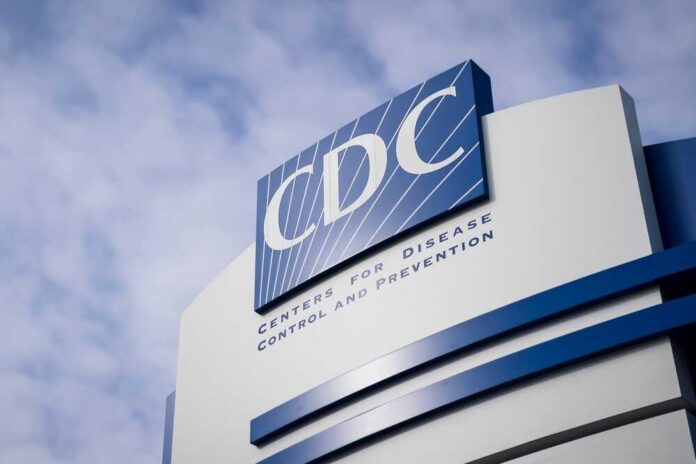The incidence rate of invasive meningococcal disease has been rising in the US, prompting the CDC to issue a public health emergency notice.
Conditions such as meningitis, an infection of the brain and spinal cord lining, and bloodstream infections are among the most dangerous and potentially fatal of these diseases.
Close contact is the mode of transmission. Thus, anybody experiencing symptoms must get medical help quickly so that they can get antibiotics to help them recover faster.
The most recent yearly case count since 2014 was 422 instances. As of March 25, 143 instances had been recorded, which is 62 more than the same period last year, according to the agency’s most recent statement.
Serogroup Y ST-1466 has been identified as the main strain causing the epidemic. It primarily impacts individuals in the 30–60 age bracket, making up 65% of the cases.
Furthermore, those living with HIV/AIDS account for 15% of all cases, and individuals of African American or Black descent account for 63% of all cases.
There has been an increase in fatalities linked to this invasive strain when compared to past years. There is an alarming mortality rate of 17 deaths out of 94 (18%) among people who contracted the virus.
As a point of reference, the mortality rate was 11% from 2017 to 2021, although the usual rate is 10% to 15% (even with antibiotic intervention), according to CDC statistics.
Case fatality rates of 10-15% remain unaddressed despite the use of effective antibiotics in the treatment of meningococcal disease, which is caused by the bacteria Neisseria meningitidis.
The most common forms of meningococcal disease include meningitis, which can cause fever, headache, stiff neck, nausea, vomiting, photophobia, or changes in mental status, and meningococcal bloodstream infection, which can cause fever, chills, exhaustion, vomiting, chilly hands and feet, intense pains and aches, fast breathing, diarrhea, or, in advanced stages, a dark purple rash.
Although meningococcal disease symptoms may not be immediately apparent, they may quickly escalate into a potentially fatal condition in a matter of hours. Therefore, it is essential to treat meningococcal illness immediately with antibiotics.
Potential long-term consequences for survivors include hearing loss or limb amputations.


















